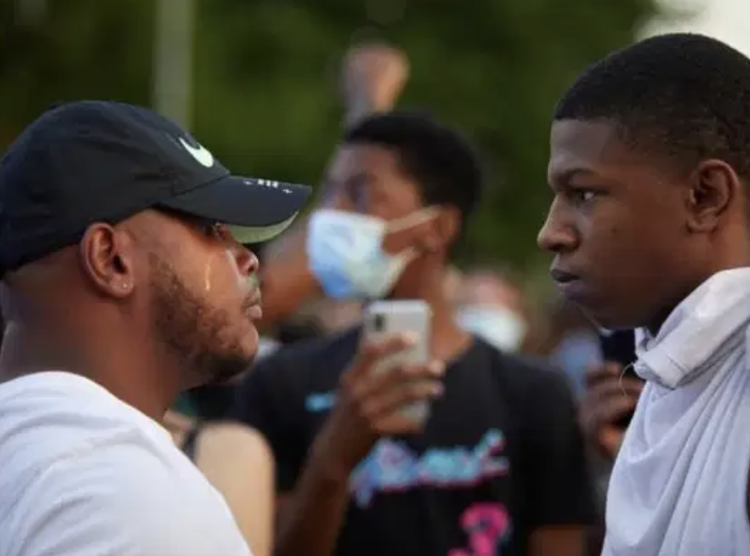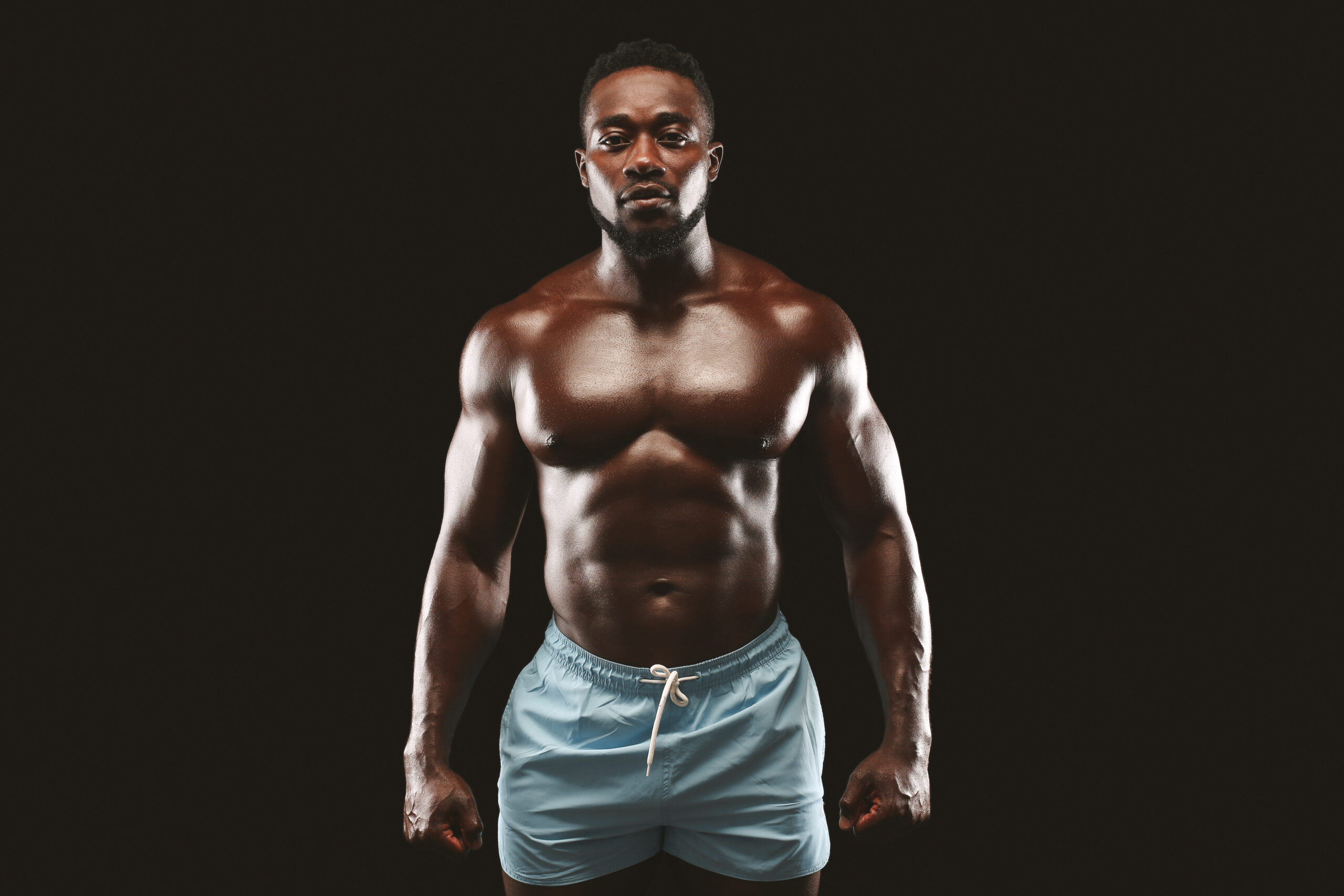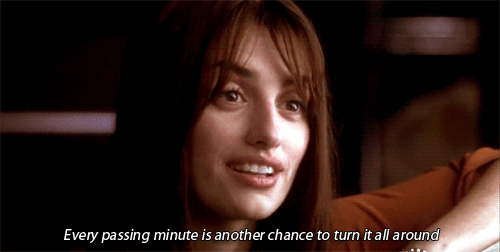For the past week, it’s been hard to get Curtis Hayes on phone. A father, concerned citizen, and Black man has become a heavily sought-after voice of reason since the nation broke out in protests following the brutal murder of George Floyd at the hands of the Minnesota Police. A June gloom hovers over the morning, but there’s a crisp taste of optimism, too.
Hayes, a North Carolina resident, has spent the entire week speaking with media outlets across the world about his viral moment (below) as a spokesperson of sorts for the Black community, a man who stepped forward to lead in a moment of crisis. As crowds took the Charlotte streets following Floyd’s death, Hayes, 31, found himself in an unfortunately familiar position, except this time he was stuck between two generations of Black men. His task in the moment was clear: Find a better way.
“At the time I inserted myself between these two men on the bridge, I thought about how many generations before our three generations had fought for change and equality, doing the exact same thing we’re fighting for, and it filled my heart with confusion and anger. But I was more upset to see a 16-year-old Black man out there having to fight for change when he should be worried about which college he’s going to or the girl he likes,” Hayes told Man Enough.
While there have been a number of American protests over the last century for Black equality, something about this feels different. It could have something to do with three months of social distancing that’s forced us to go inward and take some much-needed self-inventory (once we’d binged the hell out of Netflix, of course). Everyone became completely dependant on their cell phones, more so than usual, for immediate information and constant connection during a quickly-spreading pandemic, and just as the veil of quarantine was being lifted, Amy Cooper’s white privilege popped out of the bushes and was plastered across social media. Coupled with Ahmaud Arbery’s murder coming to light, social media became a bulletin board for unspeakable injustices. But the public execution of George Floyd, neither tried nor convicted, feels like more than just a pop quiz. It’s the final exam after a semester of education, a test for the human spirit.
“I think the difference is that the emotion and conviction behind all these messages is resonating with people who maybe didn’t really see what we’ve been seeing for so many years,” Hayes said. “I do see a lot more officers engaging with protesters, and I see a lot more dialogue than I’ve ever seen. We have all 50 states protesting for change so we’ve made progress on awareness. With this dialogue from people who are no longer uncomfortable to speak, we can now put pressure on leaders of the nation.”
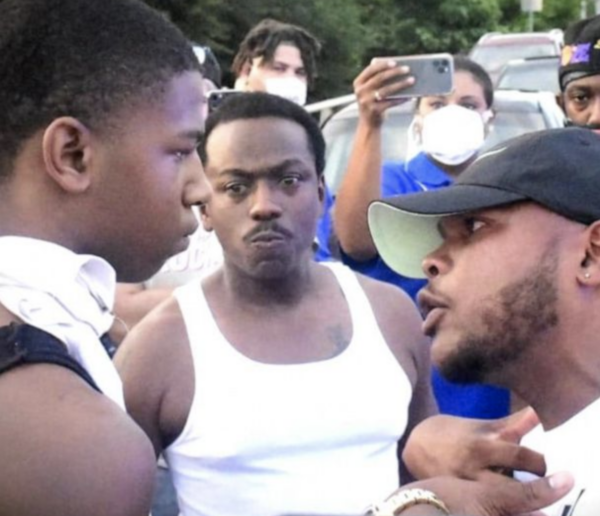
The movement has already spurred a number of immediate wins, namely the arrests of the other three accomplices in Floyd’s death, as well as upping Derek Chauvin’s charges from third to second-degree murder. Meanwhile, social media continues to blast awareness of real-time police brutality amidst peaceful protests, countless other unprosecuted police murders with Black victims like Breonna Taylor, and an ongoing conversation about the many injustices of our criminal justice system. But there’s still much to be done.
“We must understand the laws, how they have affected us and how to come up with a solution to close the gap that’s been left open for so long,” Hayes said. “But we must also continue to check our peers and our colleagues. Hold them accountable, especially our leaders. We are becoming unified as a people, and it’s time they step their game up and lead the country to make the changes we need to make.”
If the last two weeks have shown us anything, it’s the egregious amount of corruption and inequality going on in America. And while progress may move slowly on a national level at first, there’s so much we can do on a local and personal level. Hayes explained that while not everything we learn at a young age plays a positive role when we become adults, the most important thing we can do personally is to figure out which of those things are helpful and positive, and which learned thoughts and behaviors are negative.
“We all have the right to make decisions for ourselves. We learn things from our parents, but as we get older, we start to educate our own minds. We have the choice to follow what we grew up in, or we can make a choice to grow out of it and make the world better.”
Los Angeles has already seen a $150 million budget reduction for its police force that is meant to be reinvested in community outreach, and although that might feel like nickel and diming a massive problem, it’s a start. Meanwhile, the Minneapolis City Council is set on “dismantling the city’s police department” and starting up a community-led safety force. People might be looking to the federal government for big policy changes, but the reality is we can do a lot more from our own backyards, at least until November.
“Get involved in your communities. States are starting community meetings where citizens can speak with law enforcement that starts a dialogue so they can understand one another. And if you don’t have one, start one. Get out and speak to your people and your neighbors. Always show love, just like you show your friends love,” Hayes said.
Not for nothing, COVID times gave us the opportunity to look inward, but now it’s time to step outside ourselves to educate, advocate and donate our time and energy to sustaining this effort so that we can continue to move forward, instead of reverting back in ways that past movements have allowed us to.
“People wrote 2020 off, but I think it’s a year of reflection for everyone as a whole. It’s a blessing in disguise, opening our minds and hearts to so many things we never took the time to think about. Yes, things have been bad economically, but at the end of the day, the human race will have gained so much more.”
In other words, find a better way.
View this post on Instagram
Join us on Facebook and Instagram.
Remember tag us in your most “man enough” moments!
